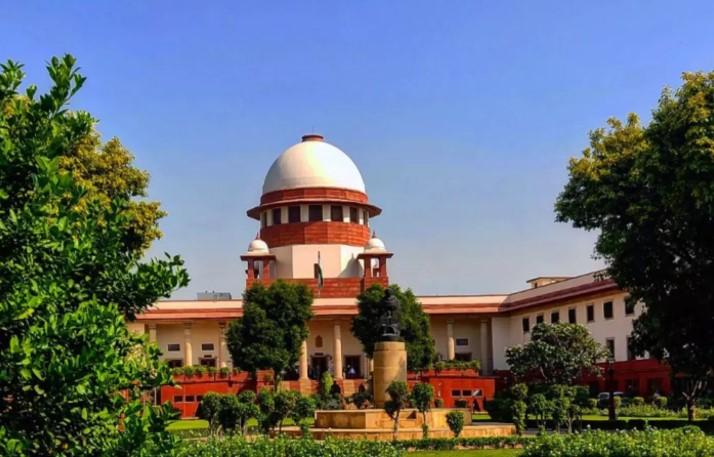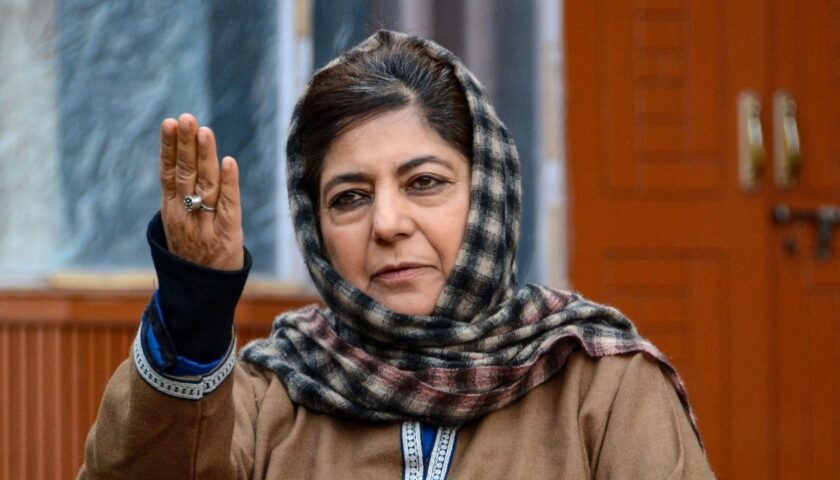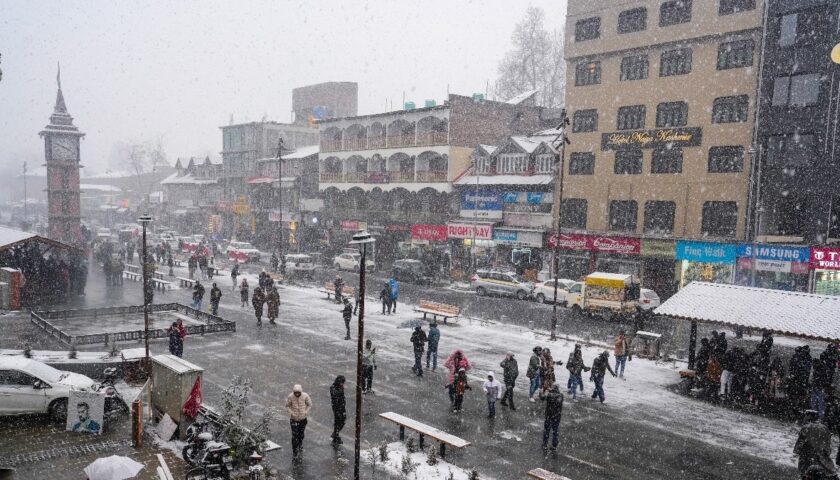Supreme Court Orders CBI Probe in Custodial Torture of J&K Cop Khursheed Chohan
By: Javid Amin | Srinagar | 21 July 2025
A Brutal Case That Shook the Judiciary
In a judgment that could change the landscape of custodial rights and police accountability in India, the Supreme Court of India has ordered a CBI investigation into the horrific torture of Khursheed Ahmad Chohan, a constable with the Jammu & Kashmir Police. The court labeled the case as one of the “most barbaric instances of custodial abuse in recent history.”
Timeline of Events: From Illegal Detention to Courtroom Reckoning
-
February 20–26, 2023: Chohan was illegally detained at the Joint Interrogation Centre (JIC), Kupwara, without any registered First Information Report (FIR).
-
During this period, he was subjected to extreme physical and psychological torture.
-
No formal procedure was followed during his detention, raising serious questions about procedural violations.
Medical Findings: Evidence of Unspeakable Cruelty
According to medical reports submitted to the court, Chohan bore multiple injuries consistent with brutal torture:
-
Genital mutilation
-
Falanga (beating of the soles of the feet)
-
Lacerations and blunt force trauma across the body
Doctors confirmed these injuries could not be self-inflicted, debunking the police narrative.
Police Retaliation: A Counter FIR to Misdirect Justice
In what the court described as an attempt to cover up the atrocity, police authorities registered a fabricated FIR against Chohan—accusing him of attempted suicide.
“This FIR was nothing but a retaliatory and fabricated counter-narrative to deflect blame,”
observed the Supreme Court bench.
The court immediately quashed the FIR, terming it malicious and unlawful.
Justice in Motion: Supreme Court Compensation Order
The court ordered the Jammu & Kashmir Government to pay ₹50 lakh in compensation to Khursheed Ahmad Chohan for the “extreme violation of his constitutional rights.”
-
The amount is recoverable from the officers responsible once culpability is established.
-
This is one of the largest ever compensatory amounts granted for custodial abuse in India.
The CBI Mandate: More Than Just a Probe
The Supreme Court has entrusted the Central Bureau of Investigation (CBI) with the following directives:
Key Orders:
-
Form a Special Investigation Team (SIT) exclusively for the Chohan case
-
Ensure arrests of accused officers within one month
-
Complete the entire investigation in 90 days
-
Conduct a systemic audit of the Kupwara Joint Interrogation Centre, including:
-
Detainee records
-
Surveillance practices
-
Custodial safeguards
-
This broad scope reflects a zero-tolerance approach toward institutional impunity.
A Legal Milestone: Article 21 Reinforced
The judgment has been hailed as a landmark interpretation of Article 21 of the Indian Constitution, which guarantees:
“Protection of life and personal liberty, except according to the procedure established by law.”
“No rank or uniform can shield a person from responsibility for violating another’s dignity,”
the bench emphasized, echoing sentiments rooted in India’s constitutional morality.
Why This Case Matters
A Cop Tortured by Cops
Unlike most custodial torture cases involving civilians, this case is unique and deeply disturbing—a law enforcement officer tortured by his own colleagues.
Erosion of Institutional Trust
This case raises critical questions about internal accountability mechanisms in law enforcement and interrogation practices:
-
What systems failed to protect a serving constable?
-
How did such barbarity occur in a state-run facility?
-
Why did superiors allow or ignore such practices?
Public and Legal Reactions
Legal Experts:
“This is a turning point. Courts are no longer satisfied with apologies or token fines—they’re demanding systemic reform,”
says Advocate Reena Sharma, a constitutional law expert.
Human Rights Groups:
Organizations like Amnesty India and JKCCS have welcomed the verdict, calling for:
-
Immediate policy review of custodial standards in J&K
-
Whistleblower protection for cops who expose internal abuse
Next Steps: Systemic Reforms Ahead?
If implemented in full, this ruling could lead to:
-
Mandatory third-party audits of detention facilities
-
Real-time monitoring of interrogation rooms via CCTV
-
Training programs on human rights in custody
-
Legal amendments to strengthen police oversight bodies
Bottom-Line: A Rare But Powerful Step Toward Justice
In a country where custodial torture is often hidden, denied, or dismissed, the Supreme Court’s decision to back a serving police officer against systemic abuse sends a powerful message:
“Justice cannot be uniform-deep. It must be uniform-wide.”
This case has the potential to become a benchmark for accountability and transparency in India’s criminal justice system—not just in Jammu & Kashmir, but nationwide.




